Have you just happened to notice the Wholecommonposts.com redirect on your browser? Well, here you will find more information about this odd issue.
Wholecommonposts.com Redirect
Wholecommonposts.com – a site that displays misleading information to trick people to subscribe to bogus push notifications. Redirects to this site have been spotted on popular web browsers. Wholecommonposts.com redirects should be treated as an online security issue as the site is known to belong to shady advertising networks. Hence, it may be related to other bogus sites and potentially unwanted programs. Hence, its sudden appearance may indicate that an unnoticed installation of a PUP on your device has lowered the overall PC security.
We recommend that you check your PC security and ensure that no unwanted/harmful files are running on it. Furthermore, be advised to close the affected browser to avoid clicking bogus ads.

Wholecommonposts.com Redirect Summary
| Name | Wholecommonposts.com |
| Type | Browser redirect, PUP |
| Short Description | A questionable webite that may hijack installed browsers with the help of a potentially unwanted application. Pushes ads for rogue applications, fake subscriptions and other misleading offers. |
| Symptoms | Affected browsers are forced to redirect new tabs to Wholecommonposts.com ads. The site may generate pop-up that requires permission to generate push notifications. Browsing may be slowed by an increased number of online ads. Potentially undesired program appear to be installed on your device. |
| Distribution Method | Freeware Installations, Bundled Packages, Corrupted Sites |
| Detection Tool |
See If Your System Has Been Affected by malware
Download
Malware Removal Tool
|
Wholecommonposts.com ads – Why do you see them in the browser? Do they hide any danger?
Wholecommonposts.com ads is an online issue that could warn you two things. First, it may mean that your online security is disrupted by an unwanted extension added to the browser. Second, it may be a sign that a potentially unwanted program is running on the computer. Either way, it is advisable to perform a removal process that will identify existing security problems, if there are any.
When a PUP is running on the system, it forces browsers to display various types of ads, including redirects to Wholecommonposts.com. The end goal of intrusive ad injection into the affected browser is to make you more prone to visit sponsored posts. This, in turn, will generate revenue for fraudsters. The worst part is that sometimes offers delivered by bogus apps/sites try to convince you to take actions that endanger the overall PC security as well as your privacy.
Similar to many other questionable sites like Herelations.fun, Wholecommonposts.com, Captcharesolving-universe.com, Maximus-time.com may be designed to promote rogue system optimizers, adware and other unwanted programs. Furthermore, most of the PUPs attempt to collect specific technical and personal details from affected machines and their owners. All collected details could be misused for the launch of additional aggressive advertising campaigns afterward.
For the sake of your PC security, it’s best to consider the complete removal of Wholecommonposts.com ads from the affected browser and system.

How to Remove Wholecommonposts.com Ads
In order to remove Wholecommonposts.com ads along with all suspicious entries created on your PC, you should complete several removal steps in a precise order. The guide below presents you with both manual and automatic removal steps. In order to fully get rid of files installed by undesired programs and strengthen online security, we recommend that you combine the steps. The manual removal might be quite a complicated process. It requires advanced computer skills. If you don’t feel comfortable with the manual steps, navigate to the automatic part of the guide.
- Windows
- Mac OS X
- Google Chrome
- Mozilla Firefox
- Microsoft Edge
- Safari
- Internet Explorer
- Stop Push Pop-ups
How to Remove Wholecommonposts.com Redirect from Windows.
Step 1: Scan for Wholecommonposts.com Redirect with SpyHunter Anti-Malware Tool
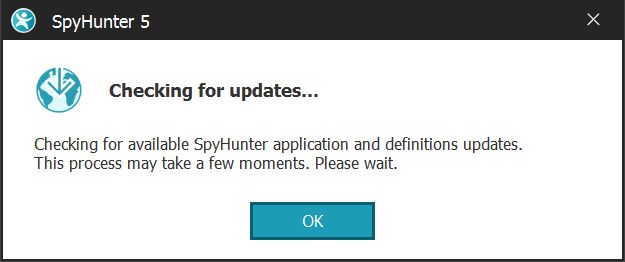
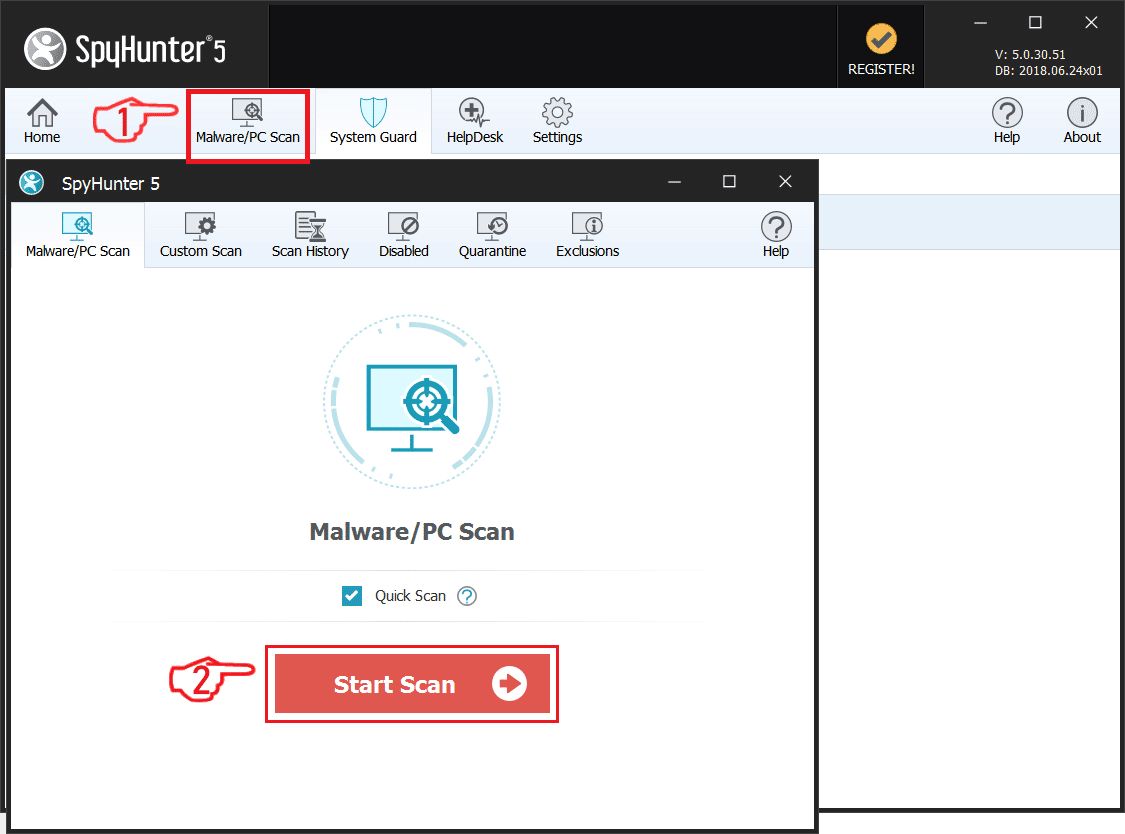
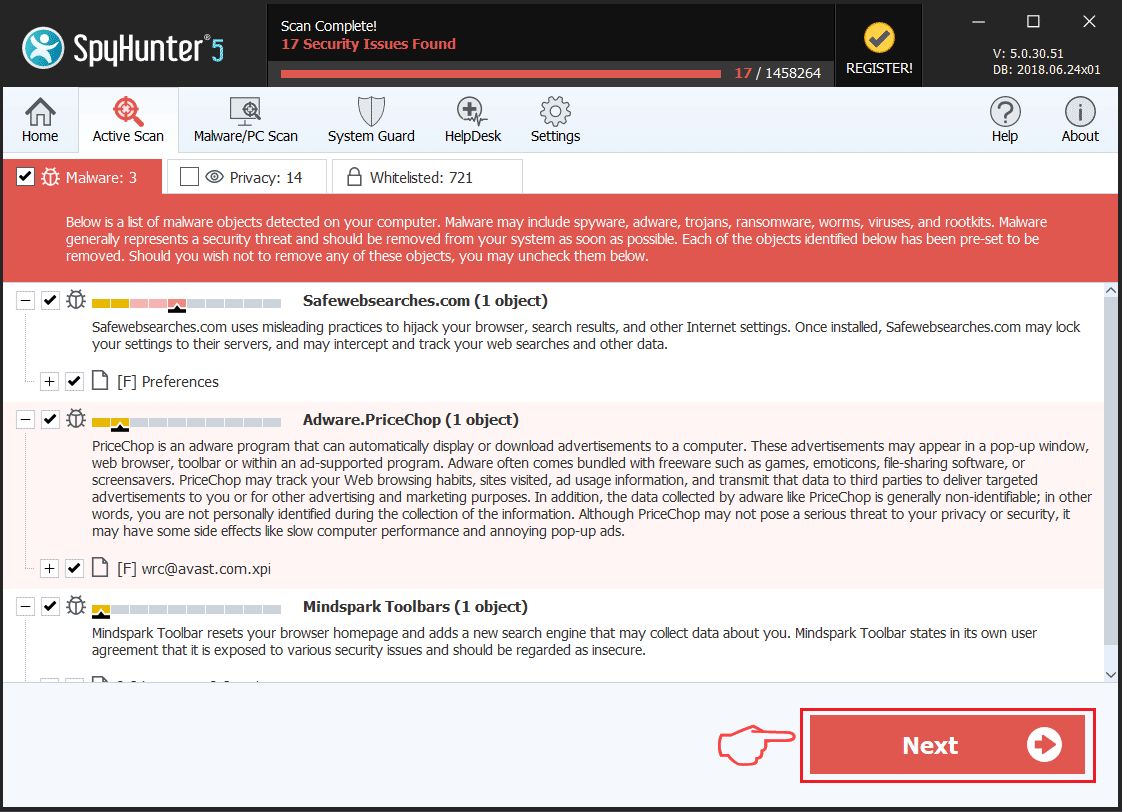
Step 2: Boot Your PC In Safe Mode

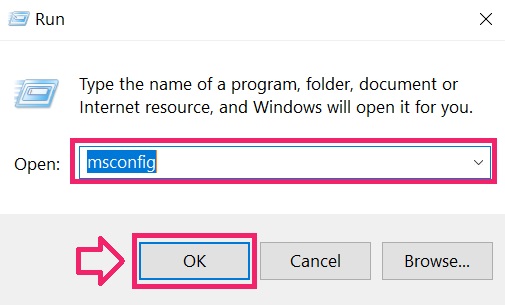
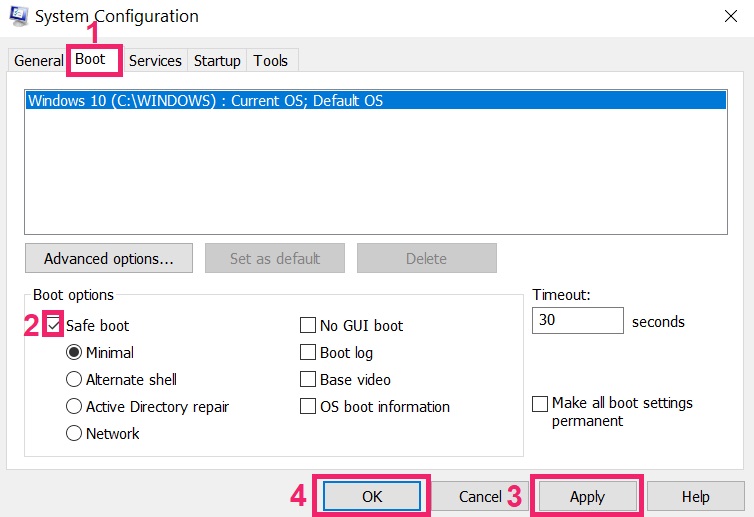
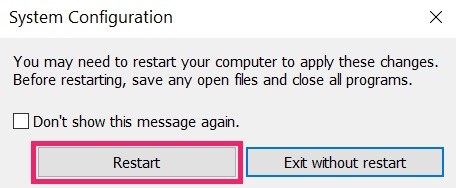

Step 3: Uninstall Wholecommonposts.com Redirect and related software from Windows
Here is a method in few easy steps that should be able to uninstall most programs. No matter if you are using Windows 10, 8, 7, Vista or XP, those steps will get the job done. Dragging the program or its folder to the recycle bin can be a very bad decision. If you do that, bits and pieces of the program are left behind, and that can lead to unstable work of your PC, errors with the file type associations and other unpleasant activities. The proper way to get a program off your computer is to Uninstall it. To do that:

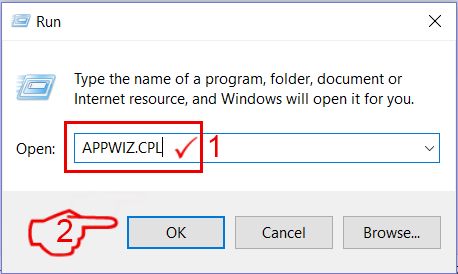
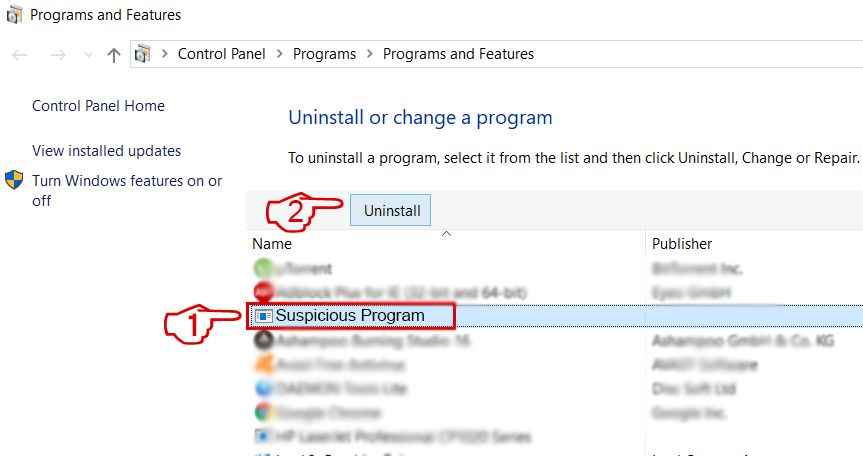 Follow the instructions above and you will successfully uninstall most programs.
Follow the instructions above and you will successfully uninstall most programs.
Step 4: Clean Any registries, Created by Wholecommonposts.com Redirect on Your PC.
The usually targeted registries of Windows machines are the following:
- HKEY_LOCAL_MACHINE\Software\Microsoft\Windows\CurrentVersion\Run
- HKEY_CURRENT_USER\Software\Microsoft\Windows\CurrentVersion\Run
- HKEY_LOCAL_MACHINE\Software\Microsoft\Windows\CurrentVersion\RunOnce
- HKEY_CURRENT_USER\Software\Microsoft\Windows\CurrentVersion\RunOnce
You can access them by opening the Windows registry editor and deleting any values, created by Wholecommonposts.com Redirect there. This can happen by following the steps underneath:
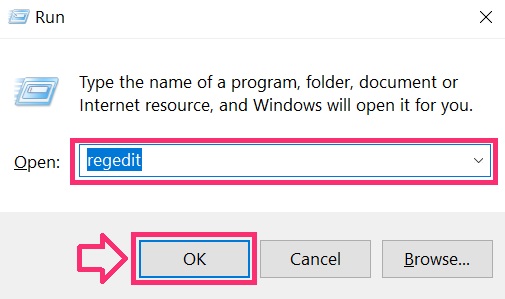

 Tip: To find a virus-created value, you can right-click on it and click "Modify" to see which file it is set to run. If this is the virus file location, remove the value.
Tip: To find a virus-created value, you can right-click on it and click "Modify" to see which file it is set to run. If this is the virus file location, remove the value.
Video Removal Guide for Wholecommonposts.com Redirect (Windows).
Get rid of Wholecommonposts.com Redirect from Mac OS X.
Step 1: Uninstall Wholecommonposts.com Redirect and remove related files and objects
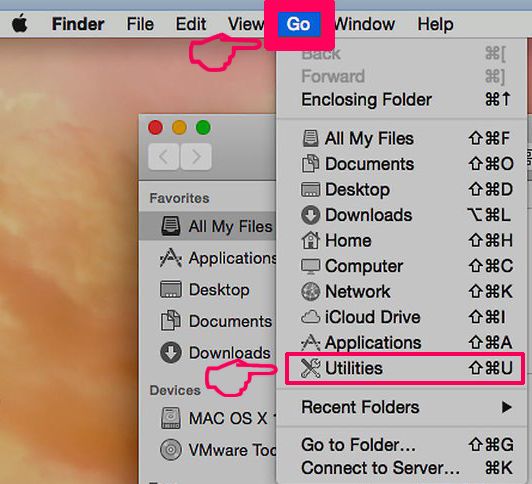
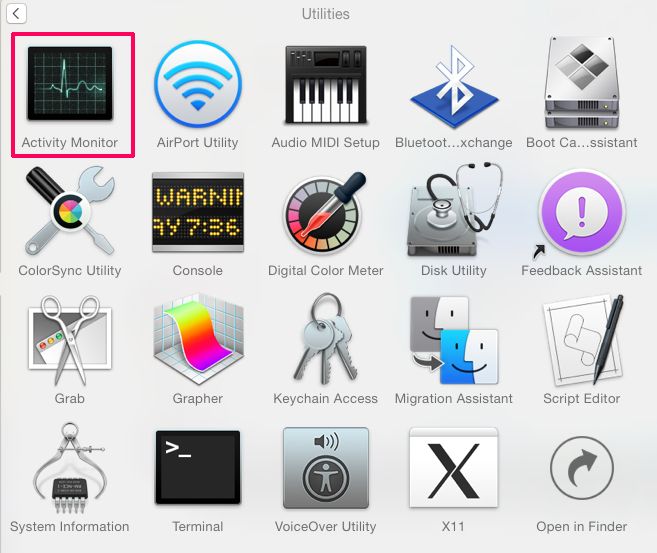
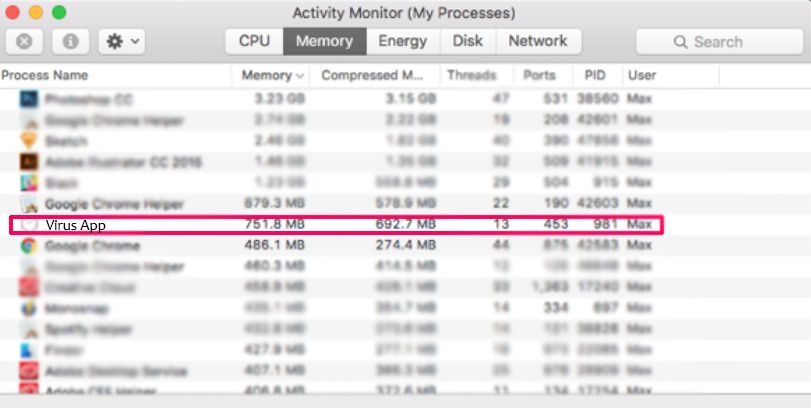
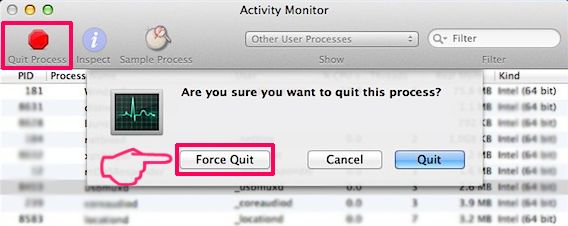
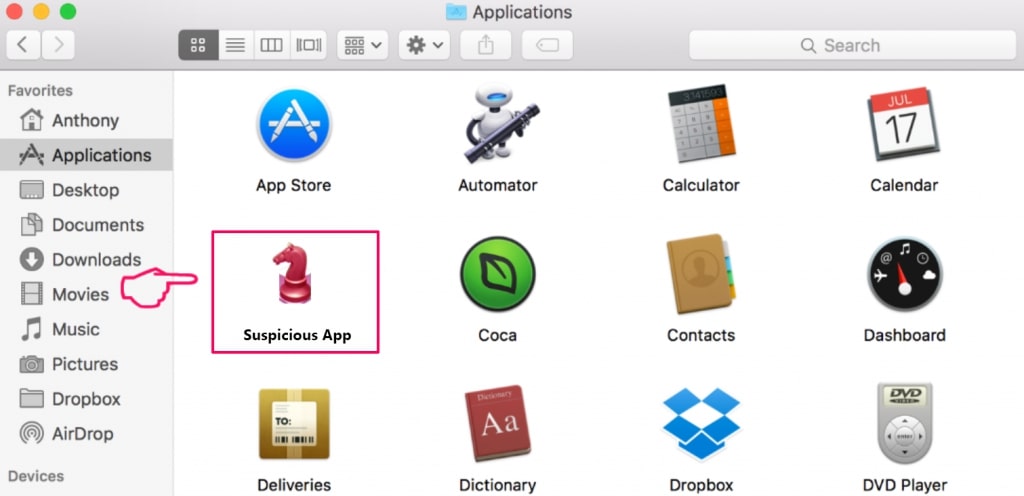
Your Mac will then show you a list of items that start automatically when you log in. Look for any suspicious apps identical or similar to Wholecommonposts.com Redirect. Check the app you want to stop from running automatically and then select on the Minus (“-“) icon to hide it.
- Go to Finder.
- In the search bar type the name of the app that you want to remove.
- Above the search bar change the two drop down menus to “System Files” and “Are Included” so that you can see all of the files associated with the application you want to remove. Bear in mind that some of the files may not be related to the app so be very careful which files you delete.
- If all of the files are related, hold the ⌘+A buttons to select them and then drive them to “Trash”.
In case you cannot remove Wholecommonposts.com Redirect via Step 1 above:
In case you cannot find the virus files and objects in your Applications or other places we have shown above, you can manually look for them in the Libraries of your Mac. But before doing this, please read the disclaimer below:
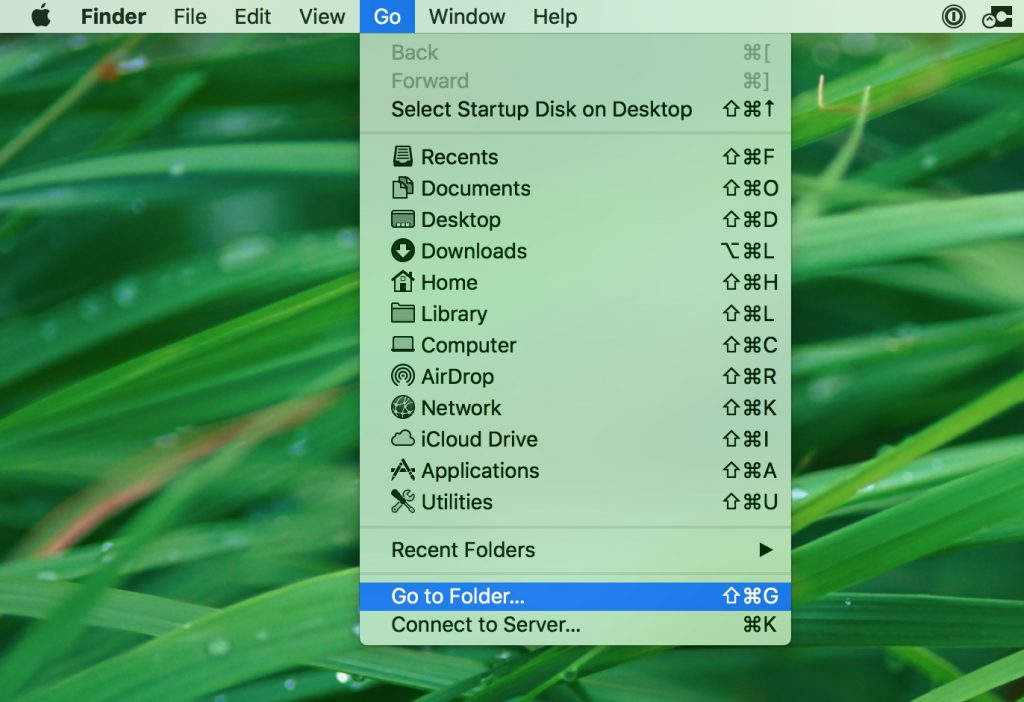
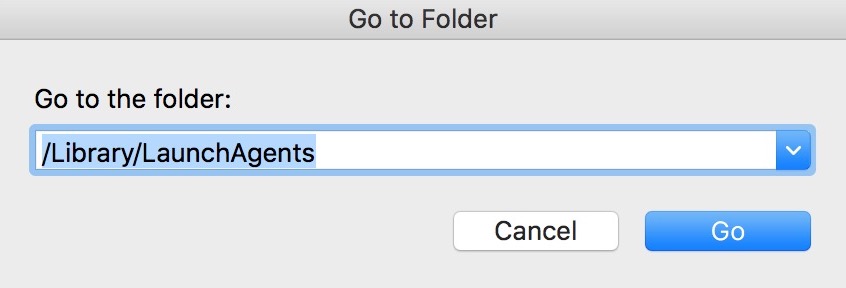
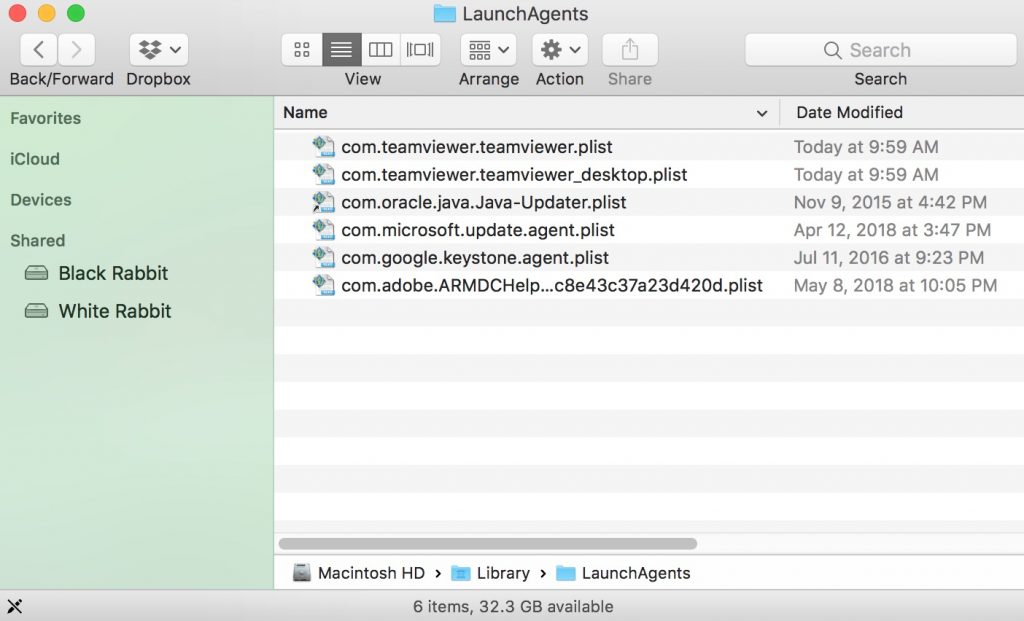
You can repeat the same procedure with the following other Library directories:
→ ~/Library/LaunchAgents
/Library/LaunchDaemons
Tip: ~ is there on purpose, because it leads to more LaunchAgents.
Step 2: Scan for and remove Wholecommonposts.com Redirect files from your Mac
When you are facing problems on your Mac as a result of unwanted scripts and programs such as Wholecommonposts.com Redirect, the recommended way of eliminating the threat is by using an anti-malware program. SpyHunter for Mac offers advanced security features along with other modules that will improve your Mac’s security and protect it in the future.
Video Removal Guide for Wholecommonposts.com Redirect (Mac)
Remove Wholecommonposts.com Redirect from Google Chrome.
Step 1: Start Google Chrome and open the drop menu
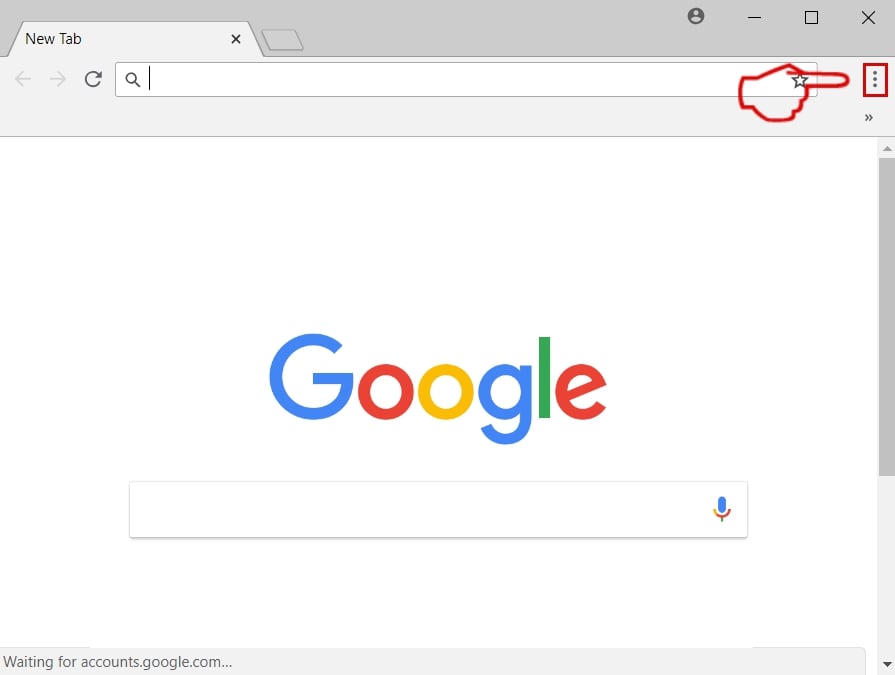
Step 2: Move the cursor over "Tools" and then from the extended menu choose "Extensions"
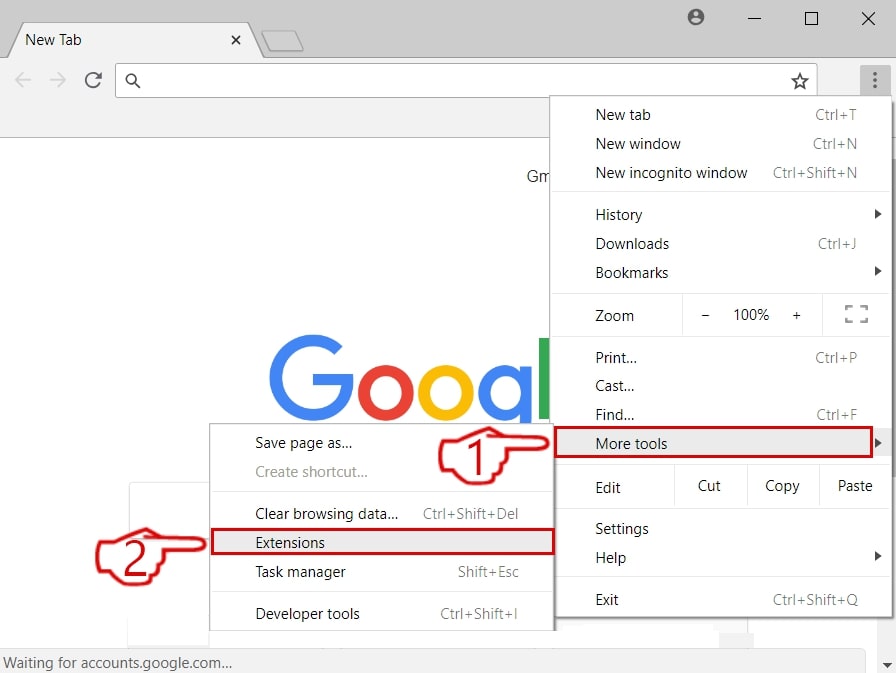
Step 3: From the opened "Extensions" menu locate the unwanted extension and click on its "Remove" button.
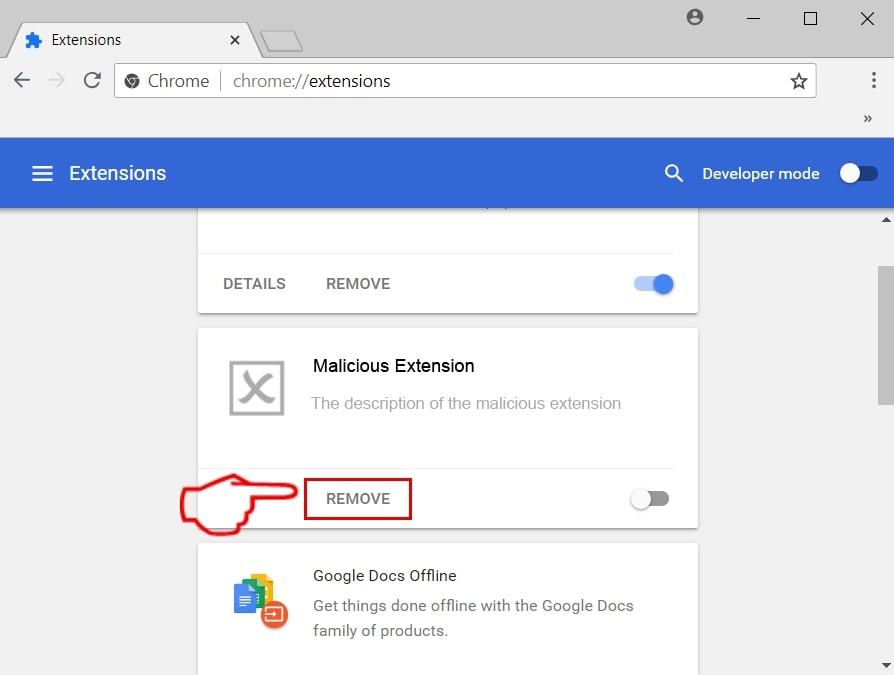
Step 4: After the extension is removed, restart Google Chrome by closing it from the red "X" button at the top right corner and start it again.
Erase Wholecommonposts.com Redirect from Mozilla Firefox.
Step 1: Start Mozilla Firefox. Open the menu window:
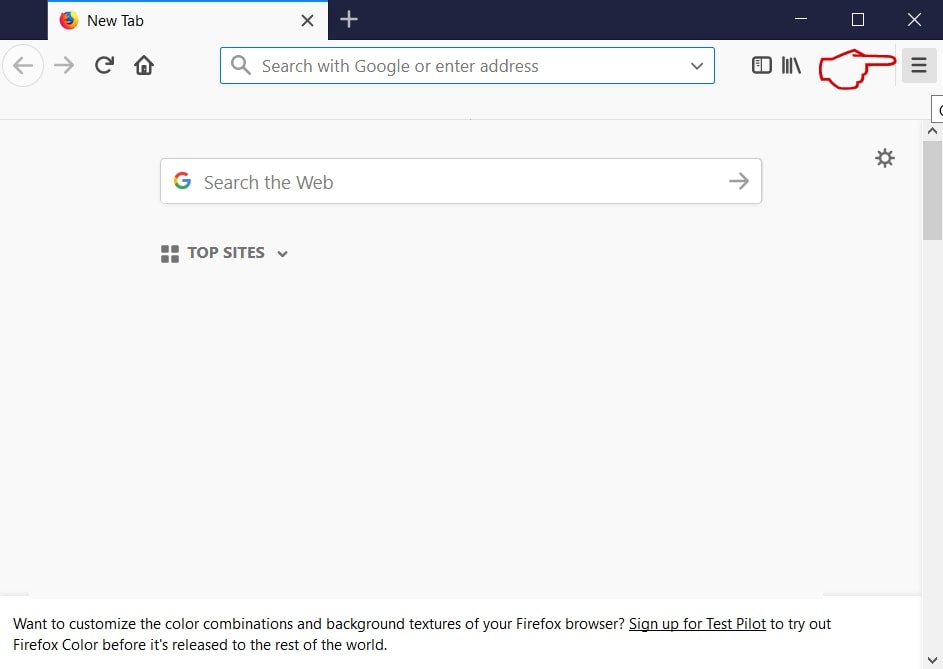
Step 2: Select the "Add-ons" icon from the menu.
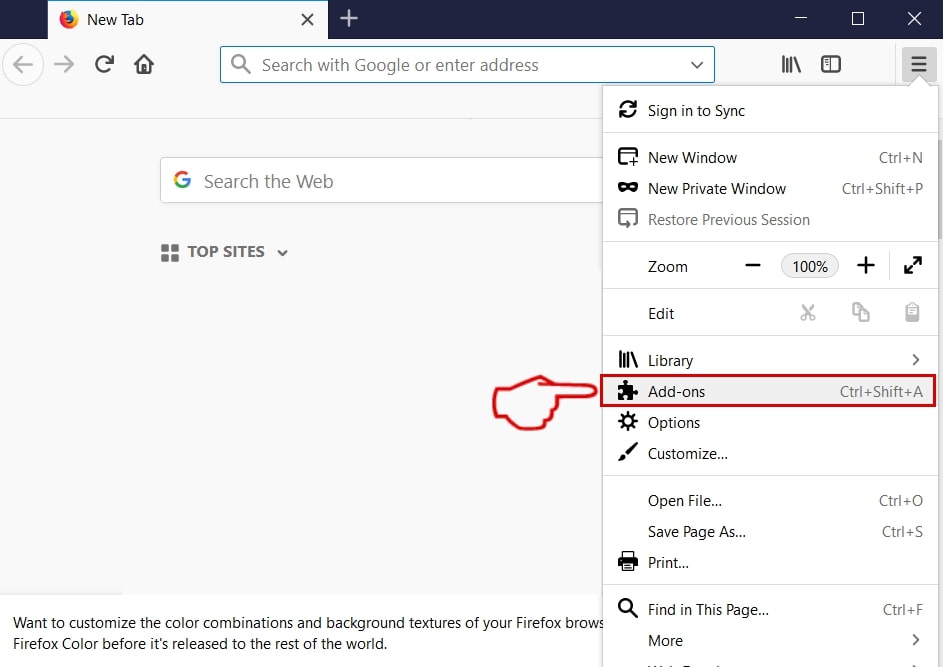
Step 3: Select the unwanted extension and click "Remove"

Step 4: After the extension is removed, restart Mozilla Firefox by closing it from the red "X" button at the top right corner and start it again.
Uninstall Wholecommonposts.com Redirect from Microsoft Edge.
Step 1: Start Edge browser.
Step 2: Open the drop menu by clicking on the icon at the top right corner.
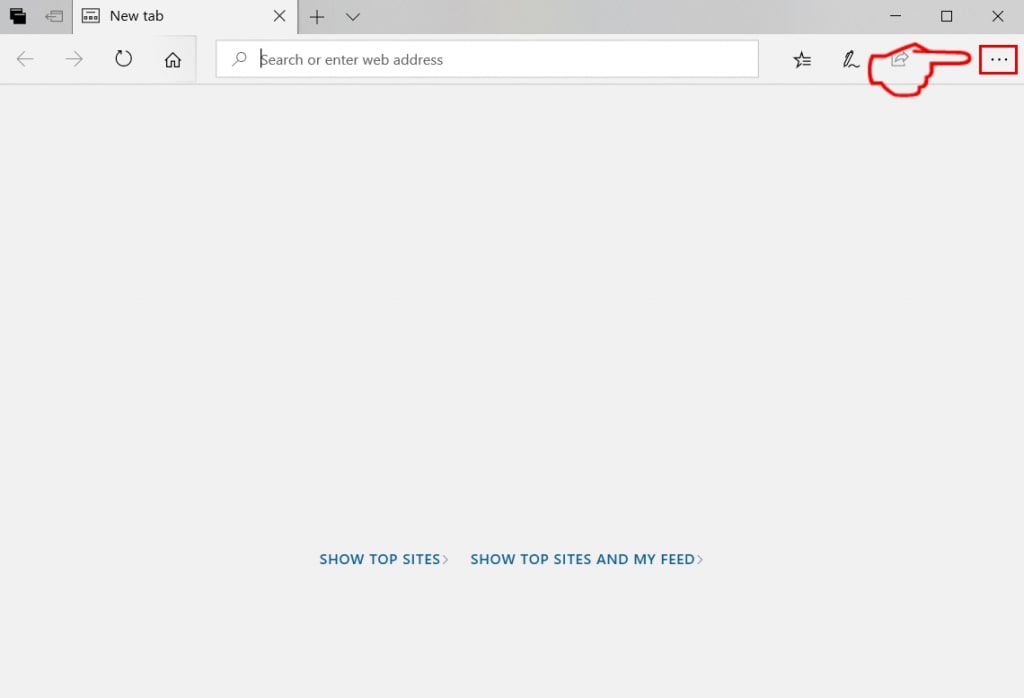
Step 3: From the drop menu select "Extensions".
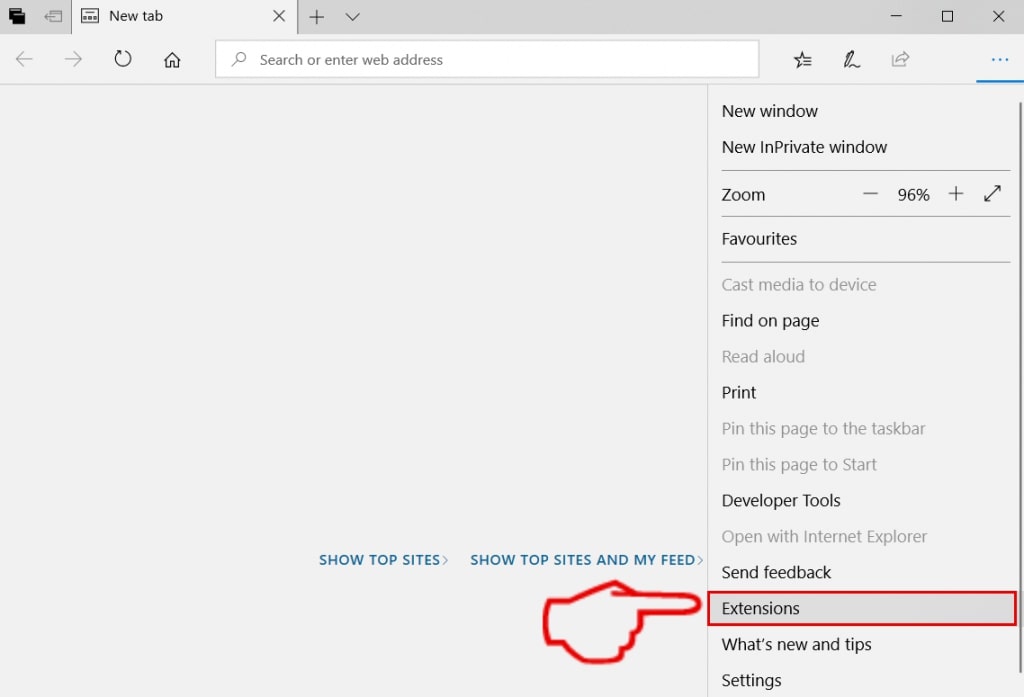
Step 4: Choose the suspected malicious extension you want to remove and then click on the gear icon.
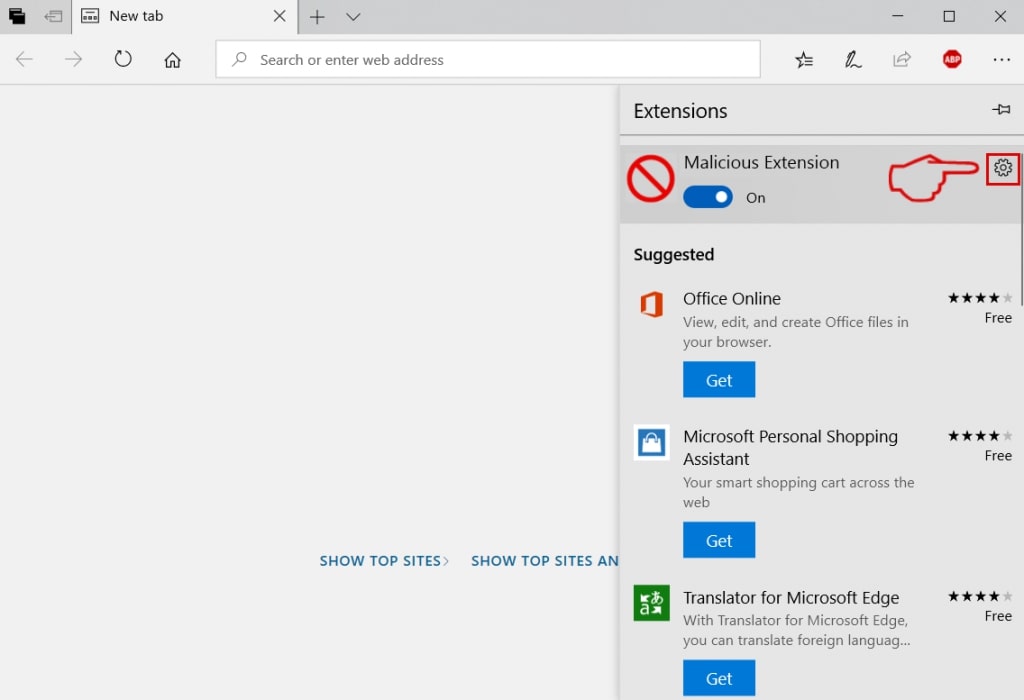
Step 5: Remove the malicious extension by scrolling down and then clicking on Uninstall.
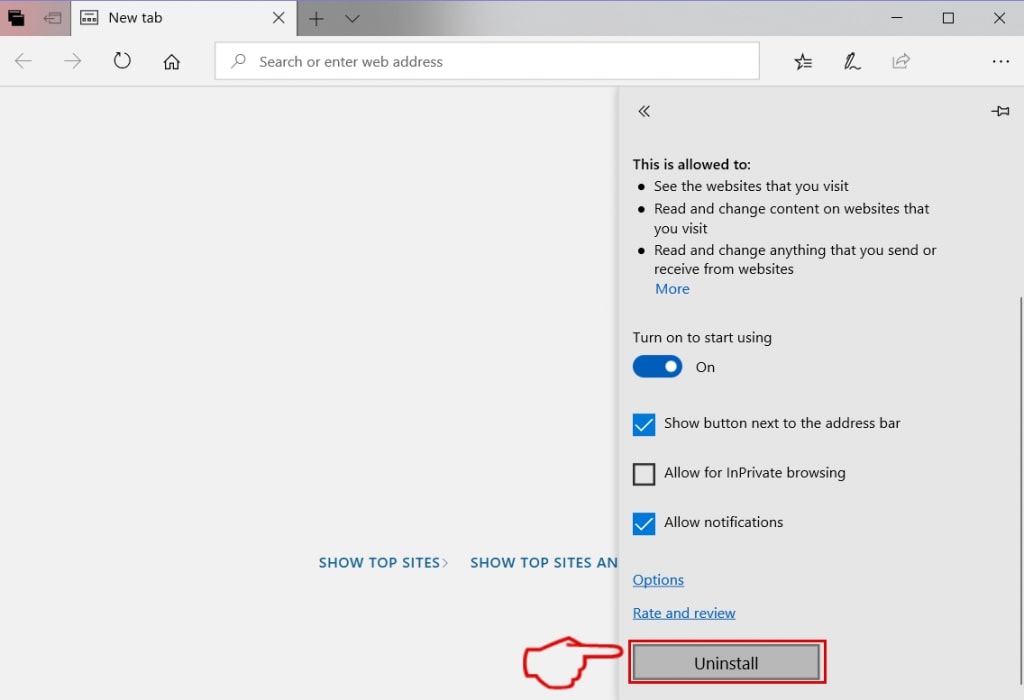
Remove Wholecommonposts.com Redirect from Safari
Step 1: Start the Safari app.
Step 2: After hovering your mouse cursor to the top of the screen, click on the Safari text to open its drop down menu.
Step 3: From the menu, click on "Preferences".
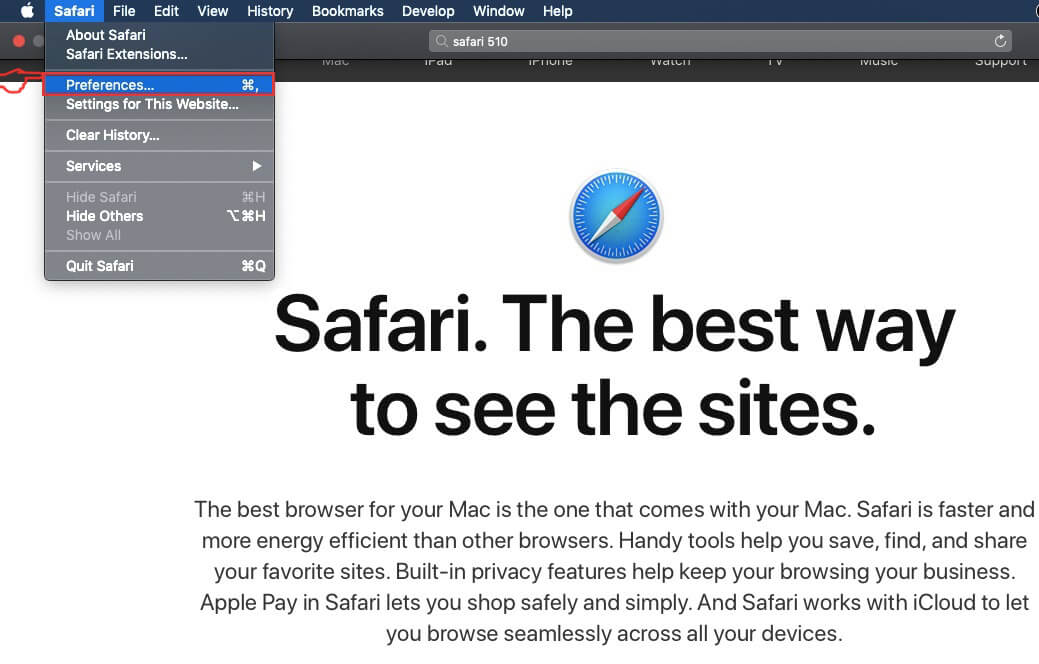
Step 4: After that, select the 'Extensions' Tab.

Step 5: Click once on the extension you want to remove.
Step 6: Click 'Uninstall'.
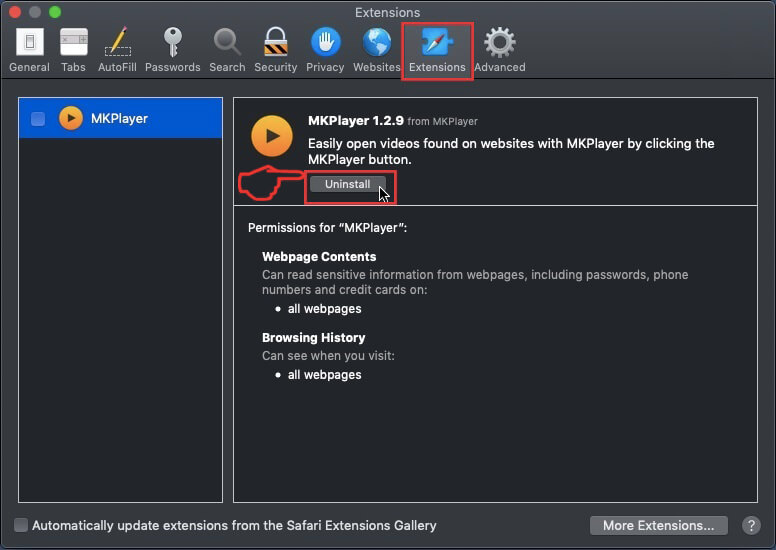
A pop-up window will appear asking for confirmation to uninstall the extension. Select 'Uninstall' again, and the Wholecommonposts.com Redirect will be removed.
Eliminate Wholecommonposts.com Redirect from Internet Explorer.
Step 1: Start Internet Explorer.
Step 2: Click on the gear icon labeled 'Tools' to open the drop menu and select 'Manage Add-ons'
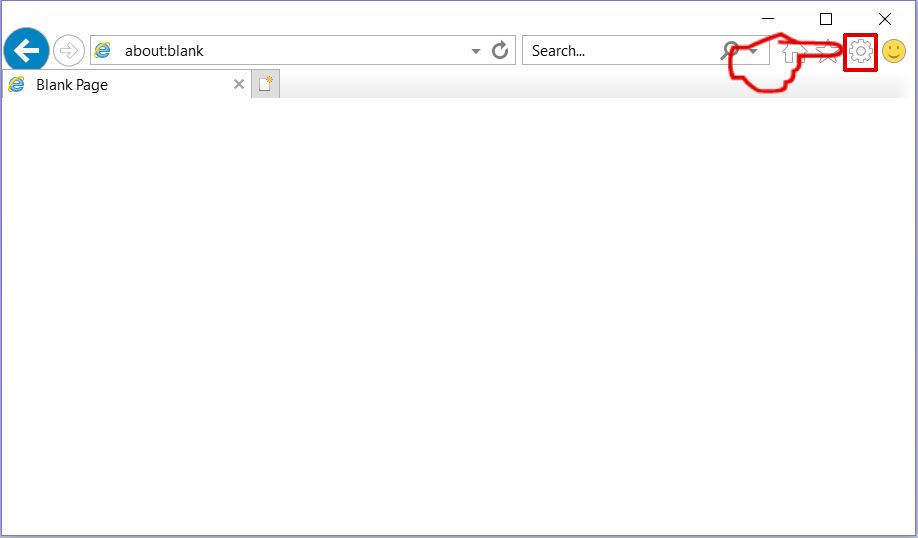
Step 3: In the 'Manage Add-ons' window.
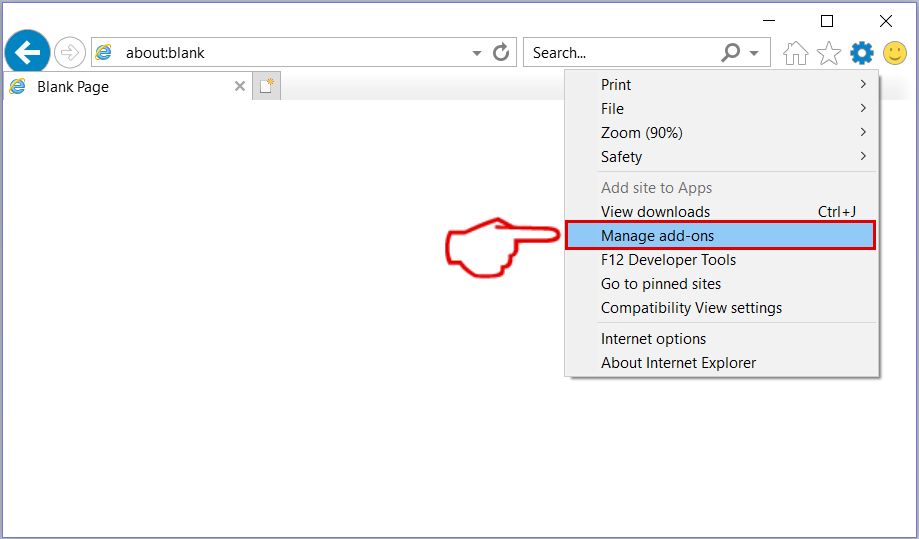
Step 4: Select the extension you want to remove and then click 'Disable'. A pop-up window will appear to inform you that you are about to disable the selected extension, and some more add-ons might be disabled as well. Leave all the boxes checked, and click 'Disable'.
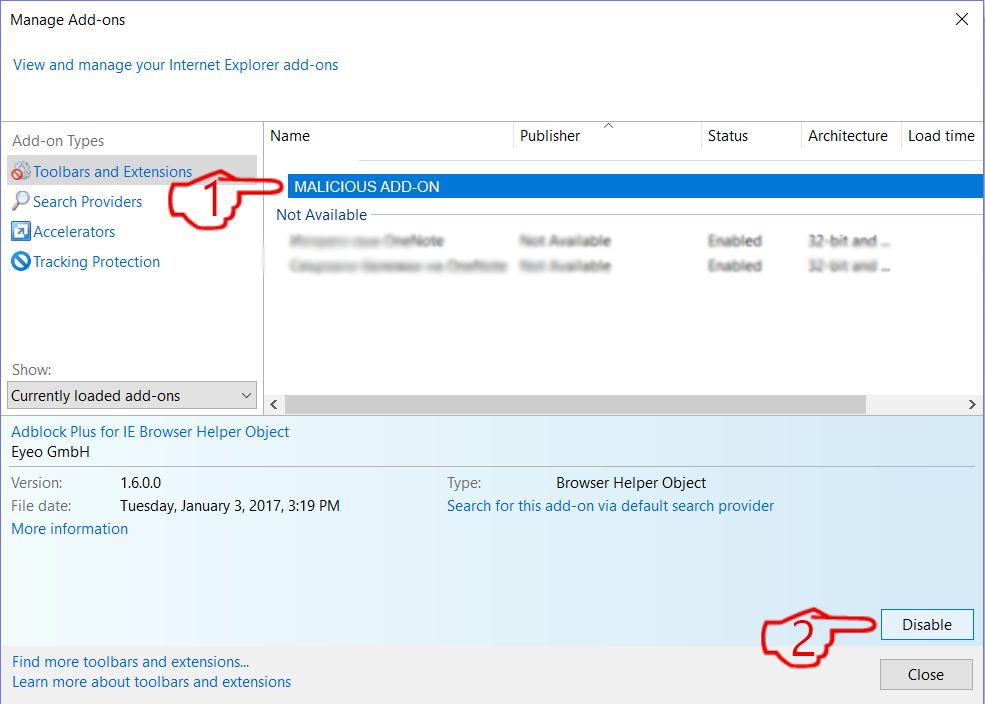
Step 5: After the unwanted extension has been removed, restart Internet Explorer by closing it from the red 'X' button located at the top right corner and start it again.
Remove Push Notifications from Your Browsers
Turn Off Push Notifications from Google Chrome
To disable any Push Notices from Google Chrome browser, please follow the steps below:
Step 1: Go to Settings in Chrome.
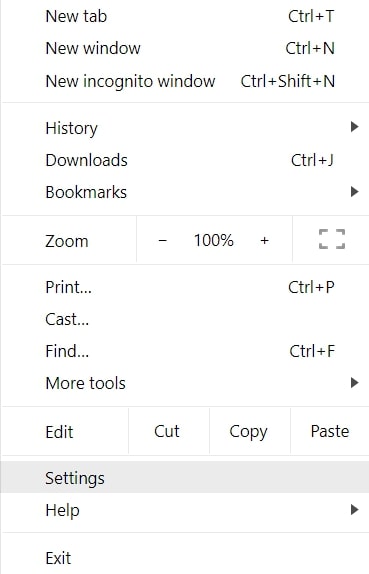
Step 2: In Settings, select “Advanced Settings”:
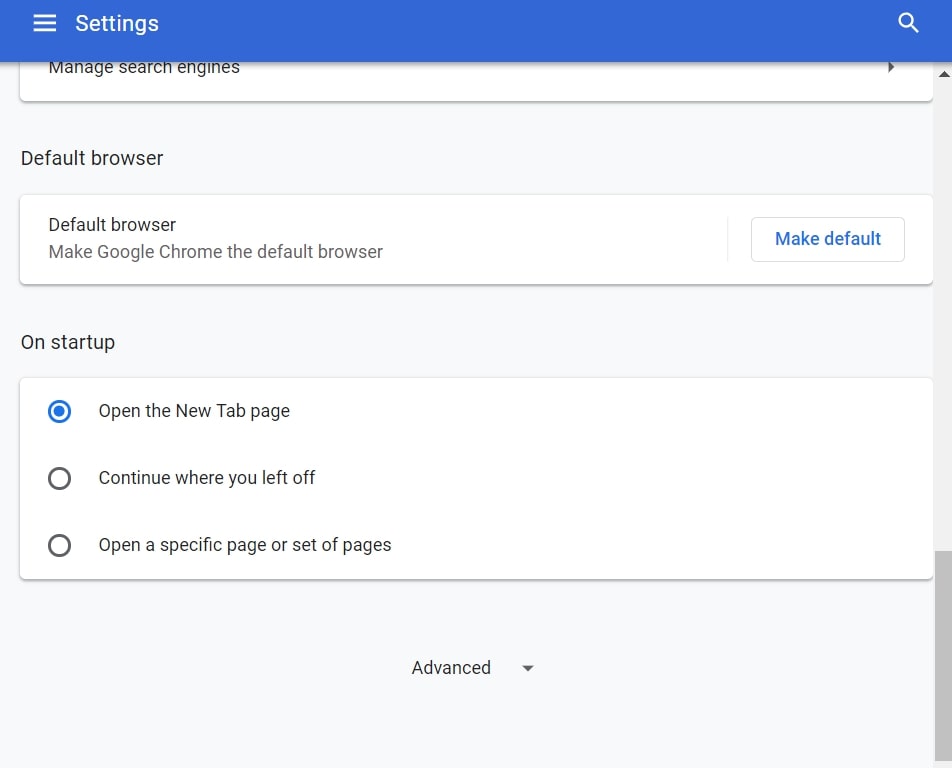
Step 3: Click “Content Settings”:
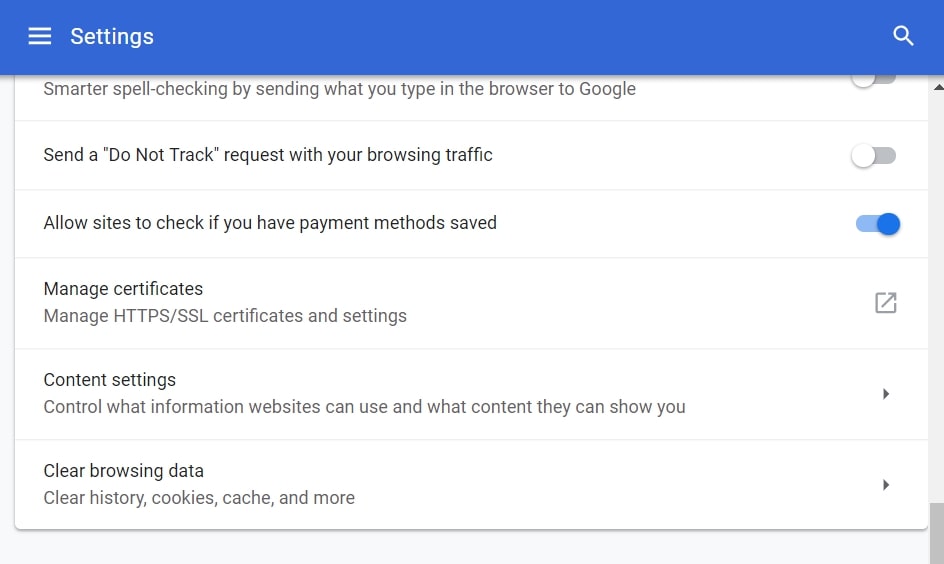
Step 4: Open “Notifications”:
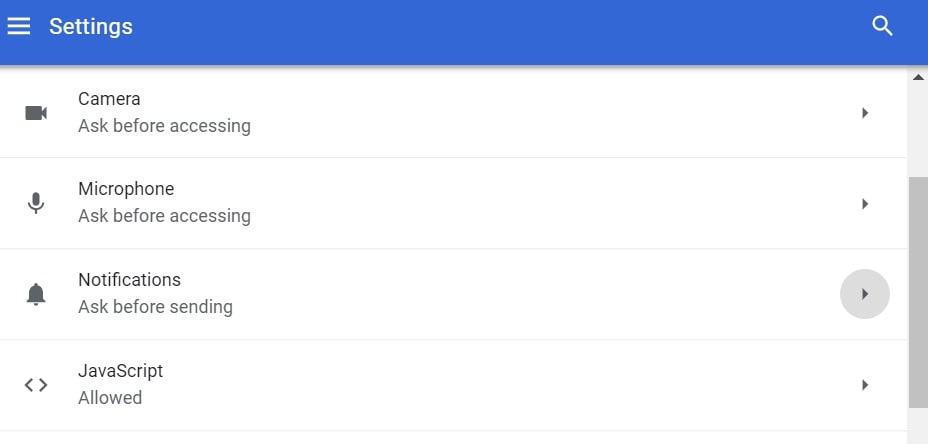
Step 5: Click the three dots and choose Block, Edit or Remove options:

Remove Push Notifications on Firefox
Step 1: Go to Firefox Options.
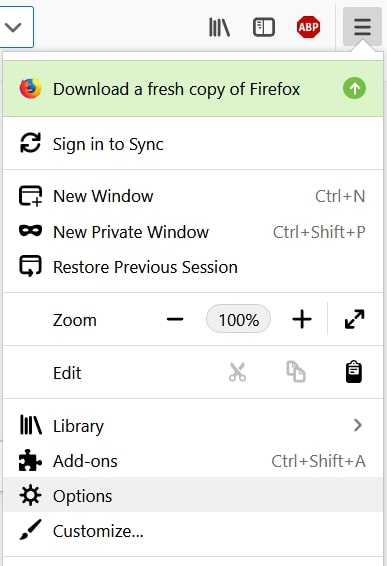
Step 2: Go to “Settings”, type “notifications” in the search bar and click "Settings":
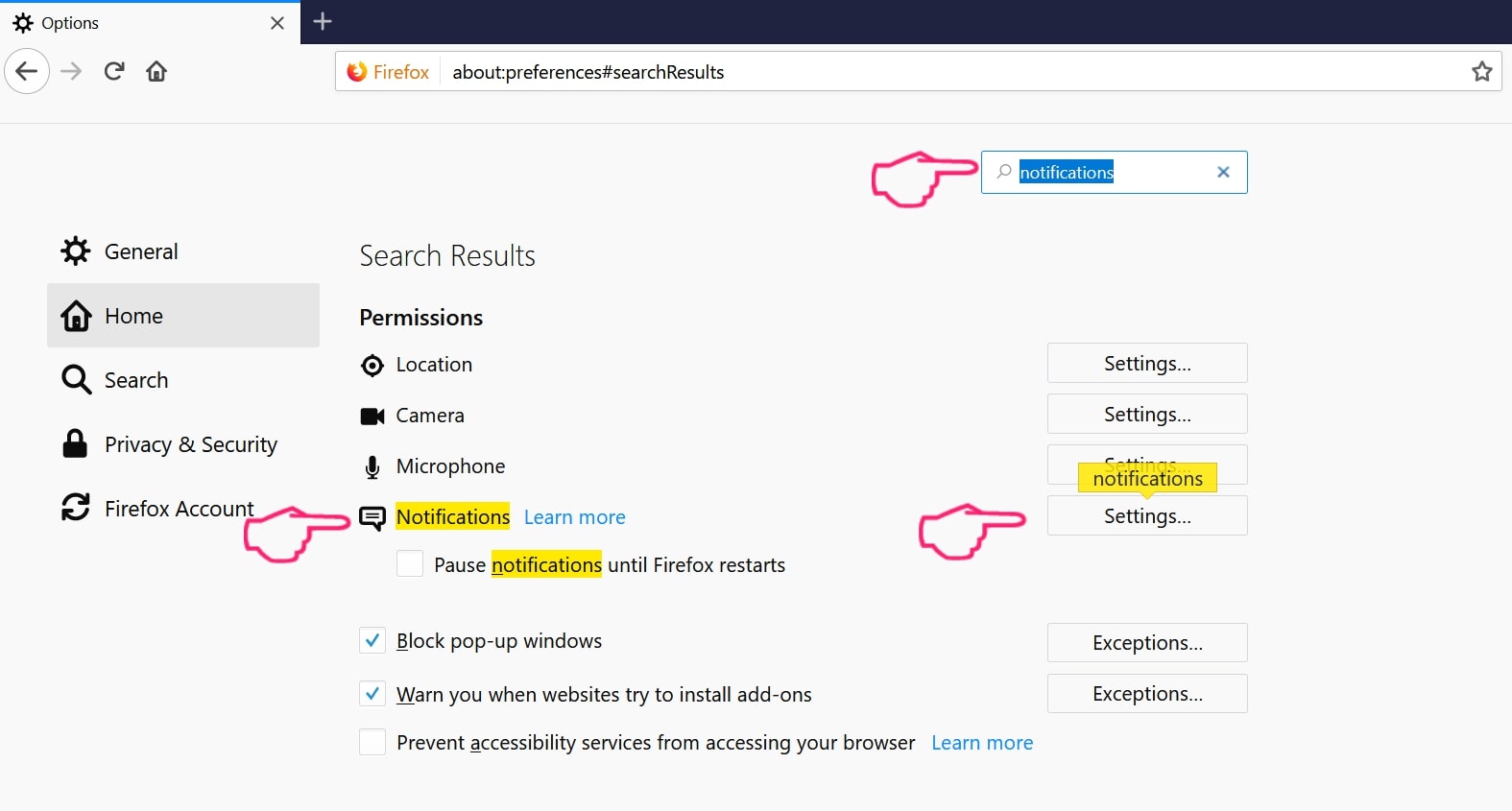
Step 3: Click “Remove” on any site you wish notifications gone and click “Save Changes”
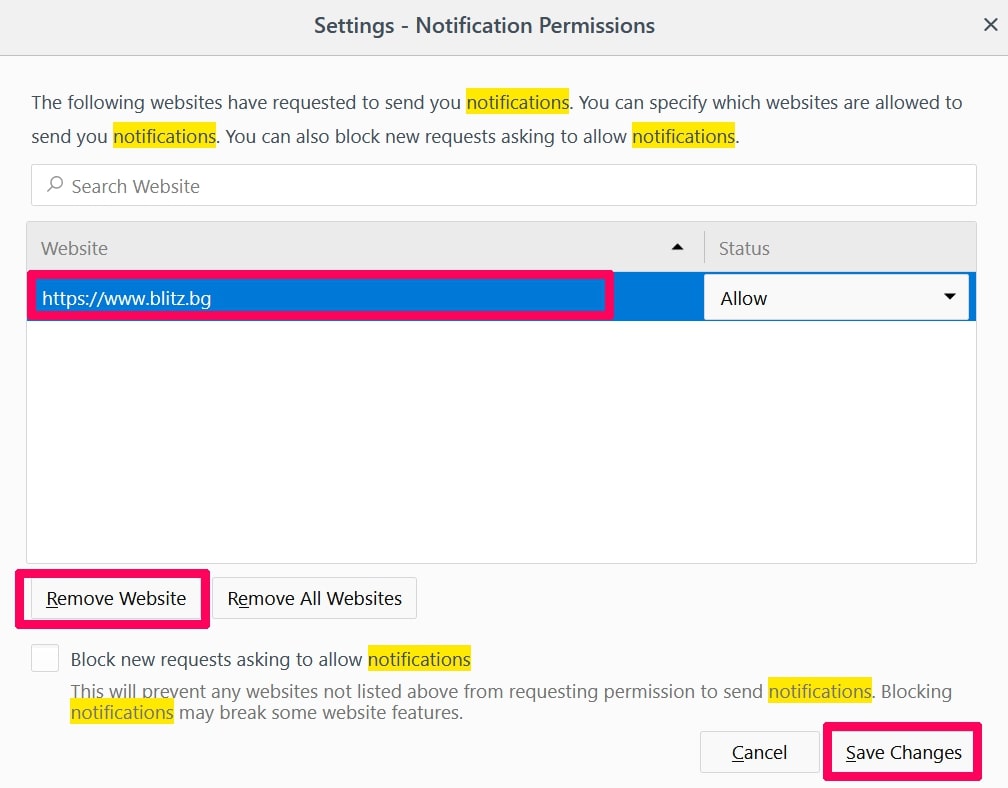
Stop Push Notifications on Opera
Step 1: In Opera, press ALT+P to go to Settings.

Step 2: In Setting search, type “Content” to go to Content Settings.
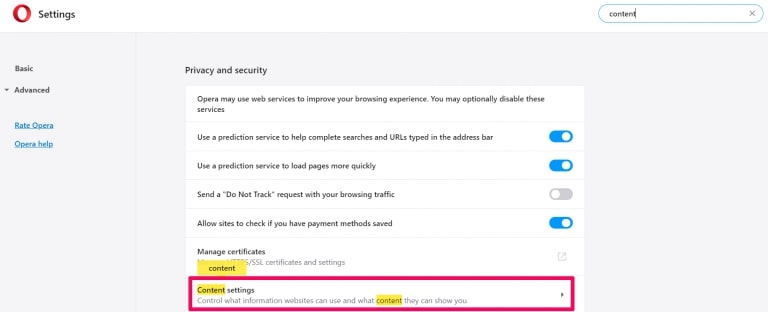
Step 3: Open Notifications:
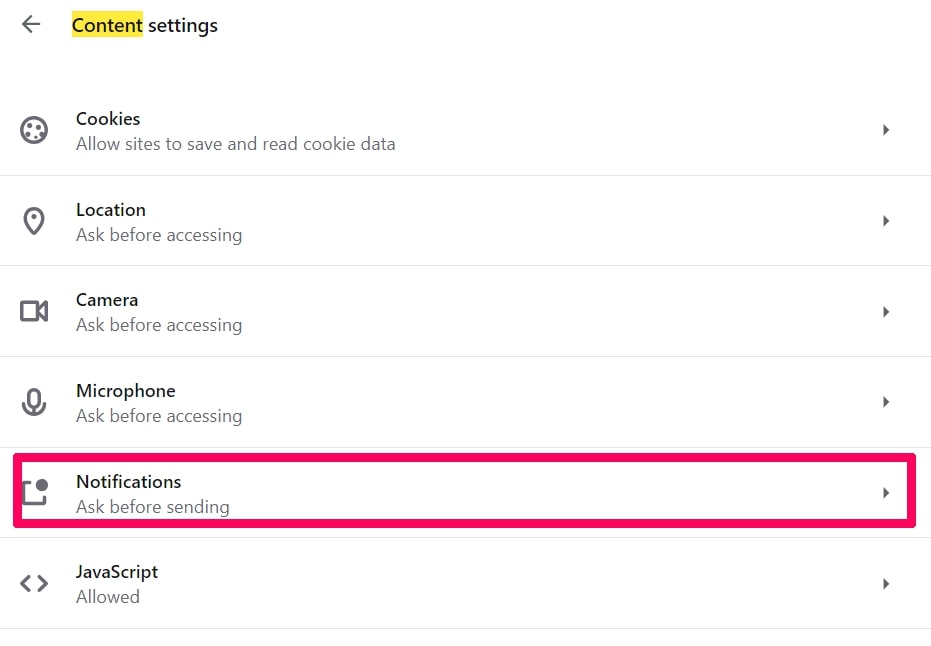
Step 4: Do the same as you did with Google Chrome (explained below):
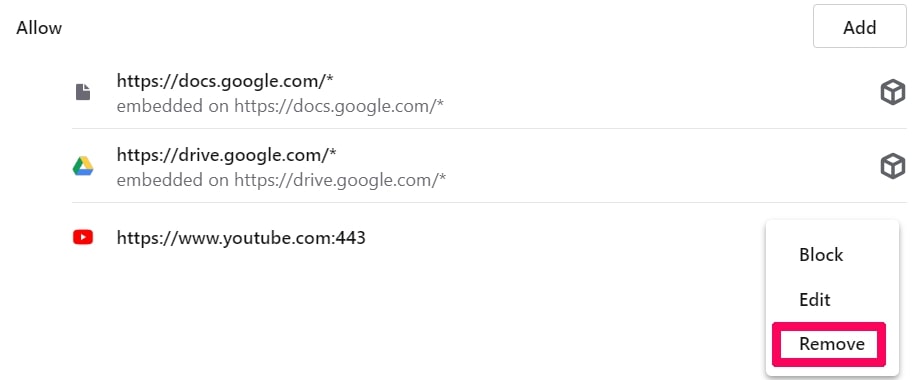
Eliminate Push Notifications on Safari
Step 1: Open Safari Preferences.
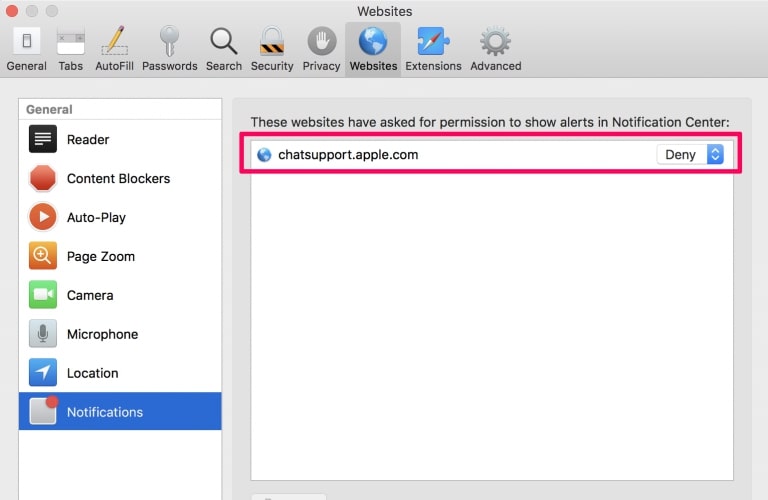
Step 2: Choose the domain from where you like push pop-ups gone and change to "Deny" from "Allow".
Wholecommonposts.com Redirect-FAQ
What Is Wholecommonposts.com Redirect?
The Wholecommonposts.com Redirect threat is adware or browser redirect virus.
It may slow your computer down significantly and display advertisements. The main idea is for your information to likely get stolen or more ads to appear on your device.
The creators of such unwanted apps work with pay-per-click schemes to get your computer to visit risky or different types of websites that may generate them funds. This is why they do not even care what types of websites show up on the ads. This makes their unwanted software indirectly risky for your OS.
What Are the Symptoms of Wholecommonposts.com Redirect?
There are several symptoms to look for when this particular threat and also unwanted apps in general are active:
Symptom #1: Your computer may become slow and have poor performance in general.
Symptom #2: You have toolbars, add-ons or extensions on your web browsers that you don't remember adding.
Symptom #3: You see all types of ads, like ad-supported search results, pop-ups and redirects to randomly appear.
Symptom #4: You see installed apps on your Mac running automatically and you do not remember installing them.
Symptom #5: You see suspicious processes running in your Task Manager.
If you see one or more of those symptoms, then security experts recommend that you check your computer for viruses.
What Types of Unwanted Programs Are There?
According to most malware researchers and cyber-security experts, the threats that can currently affect your device can be rogue antivirus software, adware, browser hijackers, clickers, fake optimizers and any forms of PUPs.
What to Do If I Have a "virus" like Wholecommonposts.com Redirect?
With few simple actions. First and foremost, it is imperative that you follow these steps:
Step 1: Find a safe computer and connect it to another network, not the one that your Mac was infected in.
Step 2: Change all of your passwords, starting from your email passwords.
Step 3: Enable two-factor authentication for protection of your important accounts.
Step 4: Call your bank to change your credit card details (secret code, etc.) if you have saved your credit card for online shopping or have done online activities with your card.
Step 5: Make sure to call your ISP (Internet provider or carrier) and ask them to change your IP address.
Step 6: Change your Wi-Fi password.
Step 7: (Optional): Make sure to scan all of the devices connected to your network for viruses and repeat these steps for them if they are affected.
Step 8: Install anti-malware software with real-time protection on every device you have.
Step 9: Try not to download software from sites you know nothing about and stay away from low-reputation websites in general.
If you follow these recommendations, your network and all devices will become significantly more secure against any threats or information invasive software and be virus free and protected in the future too.
How Does Wholecommonposts.com Redirect Work?
Once installed, Wholecommonposts.com Redirect can collect data using trackers. This data is about your web browsing habits, such as the websites you visit and the search terms you use. It is then used to target you with ads or to sell your information to third parties.
Wholecommonposts.com Redirect can also download other malicious software onto your computer, such as viruses and spyware, which can be used to steal your personal information and show risky ads, that may redirect to virus sites or scams.
Is Wholecommonposts.com Redirect Malware?
The truth is that PUPs (adware, browser hijackers) are not viruses, but may be just as dangerous since they may show you and redirect you to malware websites and scam pages.
Many security experts classify potentially unwanted programs as malware. This is because of the unwanted effects that PUPs can cause, such as displaying intrusive ads and collecting user data without the user’s knowledge or consent.
About the Wholecommonposts.com Redirect Research
The content we publish on SensorsTechForum.com, this Wholecommonposts.com Redirect how-to removal guide included, is the outcome of extensive research, hard work and our team’s devotion to help you remove the specific, adware-related problem, and restore your browser and computer system.
How did we conduct the research on Wholecommonposts.com Redirect?
Please note that our research is based on independent investigation. We are in contact with independent security researchers, thanks to which we receive daily updates on the latest malware, adware, and browser hijacker definitions.
Furthermore, the research behind the Wholecommonposts.com Redirect threat is backed with VirusTotal.
To better understand this online threat, please refer to the following articles which provide knowledgeable details.














